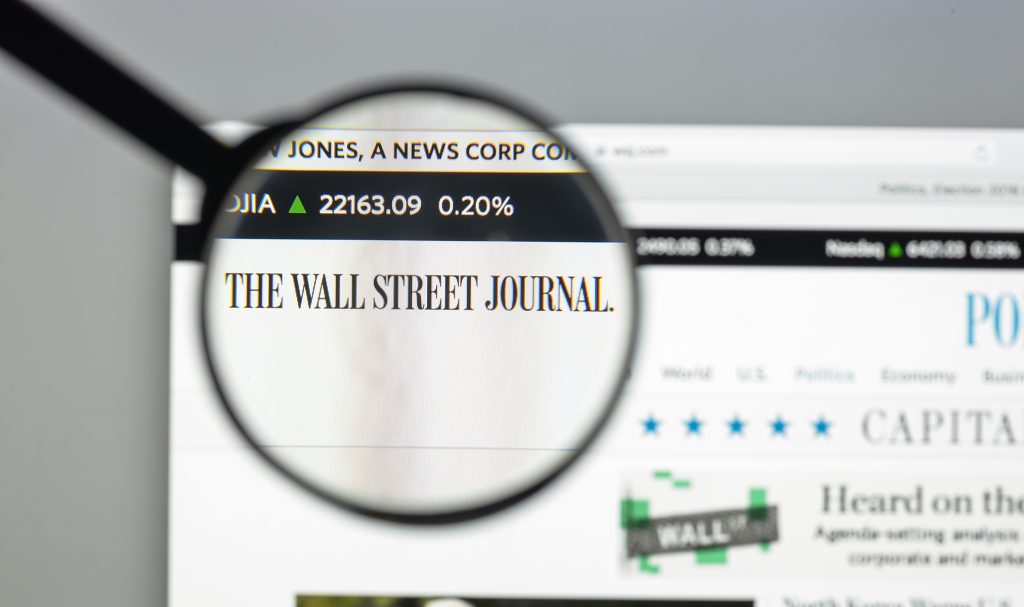Keynesian theory says governments can grow the economy with spending, but that too much government spending causes inflation. Monetarism, a Keynesian variant, claims that increases in so-called “money supply” power economic growth, but that too much money brings on inflation. Keynesians miss that only production (which governments do none of) can instigate “demand,” while monetarists miss that money in circulation is solely a consequence of production.
Steve Hanke and John Greenwood aim to fuse both bankrupt ideologies with their opinion pieces. In their latest, they contend in straight-faced fashion that “only the excess money the Fed created between 2020 and 2021 – the cumulative excess savings from the Covid handouts – has been keeping businesses hiring and consumers spending.”
There’s the state of free market economic thinking in 2023. Government is apparently necessary for money and the demand that allegedly springs from a beneficent Fed, but if the Fed “tightens,” get ready for a stock-market crash. That’s what Hanke and Greenwood are telling readers. The free-market crowd needs a million-man march.
Read the full article at Forbes.





